Claude Hopkins - Let's Jam - Just For You (2022)
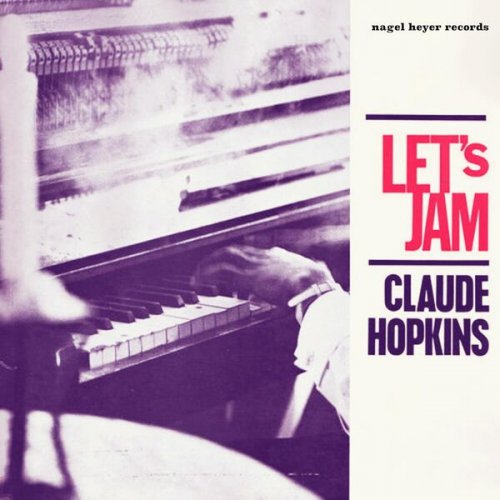
Artist: Claude Hopkins, Buddy Tate
Title: Let's Jam - Just For You
Year Of Release: 2022
Label: nagel heyer records
Genre: Jazz
Quality: FLAC (tracks) / MP3
Total Time: 1:30:50
Total Size: 957 / 210 MB
WebSite: Album Preview
Tracklist:Title: Let's Jam - Just For You
Year Of Release: 2022
Label: nagel heyer records
Genre: Jazz
Quality: FLAC (tracks) / MP3
Total Time: 1:30:50
Total Size: 957 / 210 MB
WebSite: Album Preview
01. Offbeat Blues
02. Crying My Heart Out For You
03. (I Would Do) Anything For You
04. On The Sunny Side Of The Street
05. Sweet And Lovely
06. Mitzi
07. The Way You Look Tonight
08. Love Me Or Leave Me
09. Stars Fell On Alabama
10. Somebody Loves Me
11. I Surrender, Dear
12. It Don't Mean A Thing (If It Ain't Got That Swing)
13. Stormy Weather
14. I Apologize
15. I Cried For You
16. Prisoner Of Love
17. Late Evening
18. Safari Stomp
A talented stride pianist, Claude Hopkins never became as famous as he deserved. He was a bandleader early on, and toured Europe in the mid-'20s as the musical director for Josephine Baker. Hopkins returned to the U.S. in 1926, led his own groups, and in 1930 took over Charlie Skeete's band. Between 1932-1935, he recorded steadily with his big band (all of the music has been reissued on three Classics CDs), which featured Jimmy Mundy arrangements and such fine soloists as trumpeter/vocalist Ovie Alston, trombonist Fernando Arbello, a young Edmond Hall on clarinet, and baritone and tenorman Bobby Sands, along with the popular high-note vocals of Orlando Roberson. The orchestra's recordings are a bit erratic, with more than their share of mistakes from the ensembles and a difficulty in integrating Hopkins' powerhouse piano with the full group, but they are generally quite enjoyable. Mundy's eccentric "Mush Mouth" is a classic, and Hopkins introduced his best-known original, "I Would Do Anything for You." Although they played regularly at Roseland (1931-1935) and the Cotton Club (1935-1936), and there were further sessions in 1937 and 1940, the Claude Hopkins big band never really caught on and ended up breaking up at the height of the swing era. Hopkins did lead a later, unrecorded big band (1944-1947), but mostly worked with small groups for the remainder of his career. He played with Red Allen's group during the second half of the 1950s, led his own band during 1960-1966, and in 1968 was in the Jazz Giants with Wild Bill Davison. Claude Hopkins led an obscure record for 20th Century Fox (1958) and three Swingville albums (1960-1963), but his best later work were solo stride dates for Chiaroscuro and Sackville (both in 1972), and a trio session for Black & Blue in 1974; it is surprising that his piano skills were not more extensively documented. ~ Scott Yanow
![Jazz at Lincoln Center Orchestra & Wynton Marsalis - We the People (2026) [Hi-Res] Jazz at Lincoln Center Orchestra & Wynton Marsalis - We the People (2026) [Hi-Res]](https://www.dibpic.com/uploads/posts/2026-02/1772178708_cover.jpg)
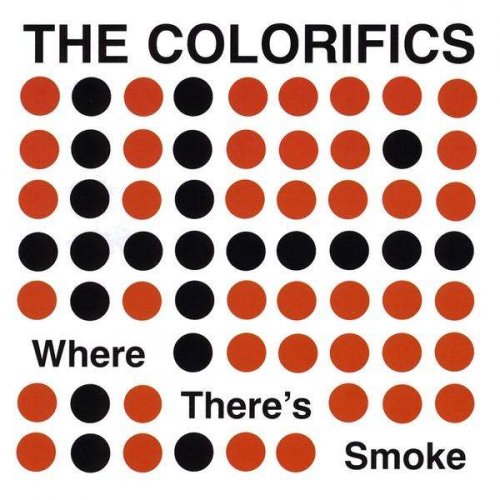
![Rick Braun - Intimate Secrets (1992) [CDRip] Rick Braun - Intimate Secrets (1992) [CDRip]](https://www.dibpic.com/uploads/posts/2026-03/1772427179_5.jpg)
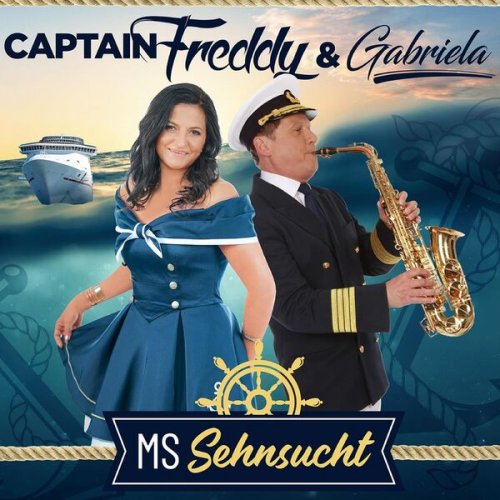
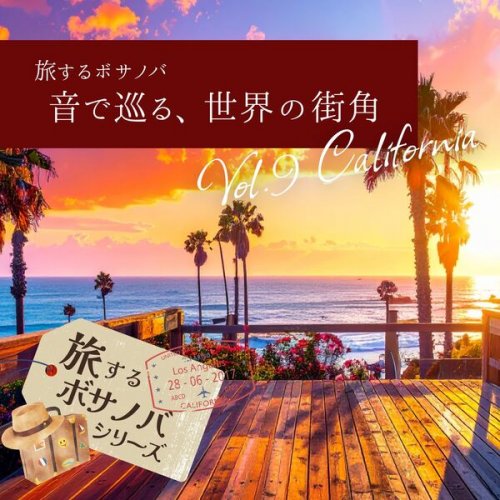
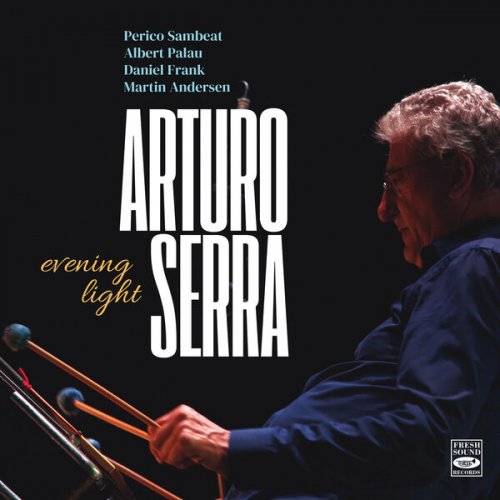
![Samir Aouad - Casablanca (2026) [Hi-Res] Samir Aouad - Casablanca (2026) [Hi-Res]](https://img.israbox.com/img/2026-02/26/cpef8nay7or1kmufgugfd6uy0.jpg)
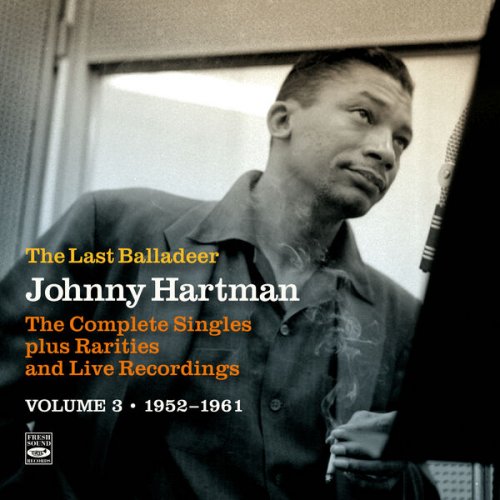
![Quinsin Nachoff - Patterns from Nature (2026) [Hi-Res] Quinsin Nachoff - Patterns from Nature (2026) [Hi-Res]](https://img.israbox.com/img/2026-02/27/85nl7kuvtne1twyima48wpdro.jpg)